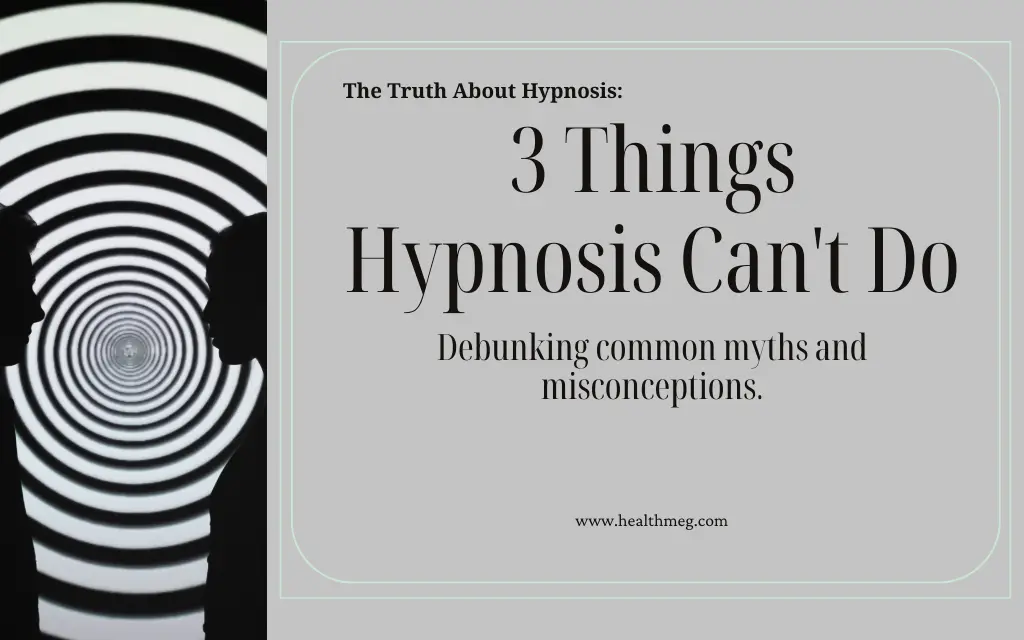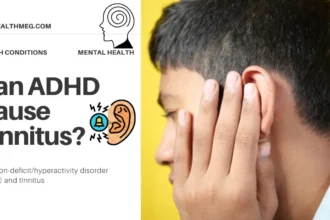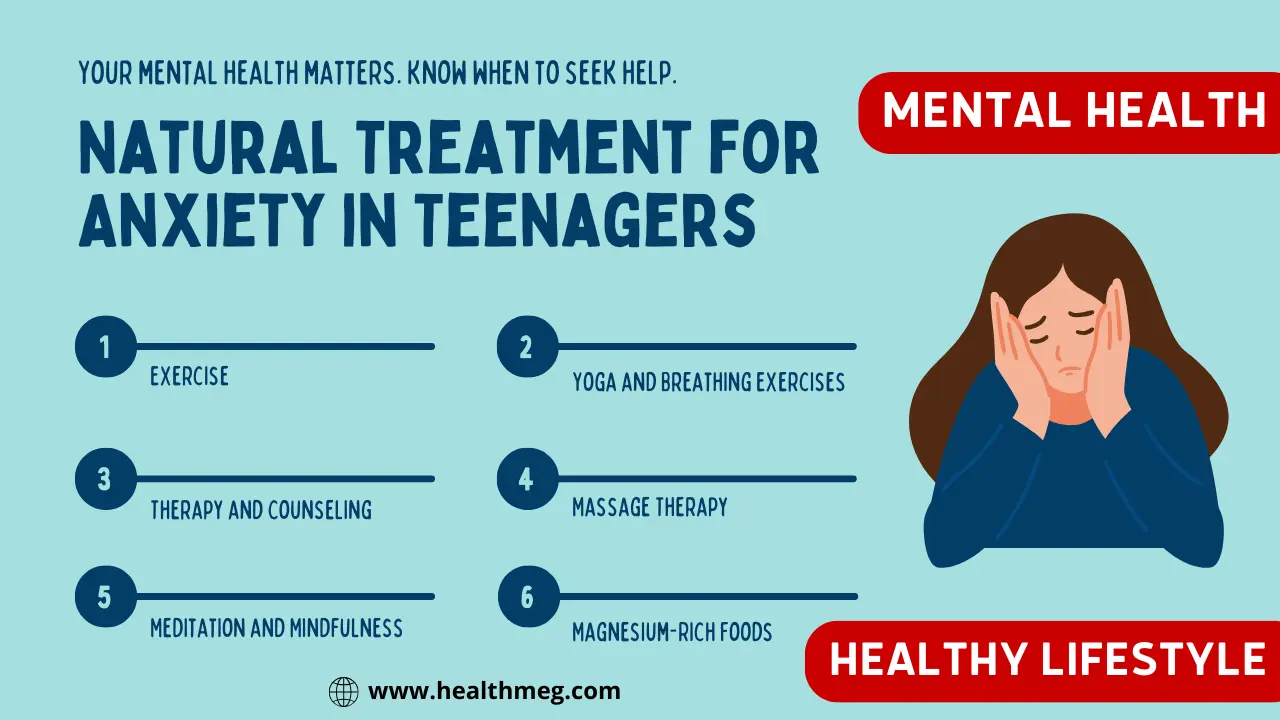Delve into ‘The Truth About Hypnosis’ and discover the 3 things hypnosis cannot do. Uncover the fascinating limits of the hypnotic world in this insightful exploration. This article will cover hypnosis, 3 things hypnosis cannot do, How psychotherapy and counselling can help where hypnosis falls short, What are the best practices that you can integrate hypnosis with therapy When you should consider hypnosis, what are the ways where you can find the right hypnotherapist and what are the ways where you can use hypnosis responsibly.
Do read the People Also Ask (FAQs) about this topic.
Key Takeaways
- Hypnosis cannot force someone to do something against their will.
- Hypnosis cannot cure a serious illness.
- Hypnosis cannot make someone forget their past.
- Hypnosis is not a magic bullet. Observing results requires patience and work.
Bonus key takeaway:
- Hypnosis is a safe and effective tool when used by a qualified hypnotherapist.
What is Hypnosis ?
Hypnosis is an intriguing and often misunderstood phenomenon. As interest in complementary therapies rises, more people are considering hypnosis as a potential treatment option. However, hype and misconceptions about hypnosis abound. While clinical hypnosis has demonstrable therapeutic benefits, it does have limits. As a responsible consumer, it’s important to understand what hypnosis can and cannot achieve.
Hypnosis is surrounded by misconceptions. While research shows it can help with things like pain, anxiety, and habits, pop culture hype leads many to believe it’s a mystical cure-all. The reality is hypnosis has limitations. As we’ll explore, there are three main things hypnosis cannot do, no matter how skilled the hypnotist is.
This article will explore three key things hypnosis cannot do, no matter how talented the hypnotist. We’ll also discuss how psychotherapy and counselling can address some issues more effectively than hypnosis alone. My goal is to provide research-backed information to help you determine if hypnosis is right for your needs. Let’s bust some myths!
3 Things Hypnosis Cannot Do!
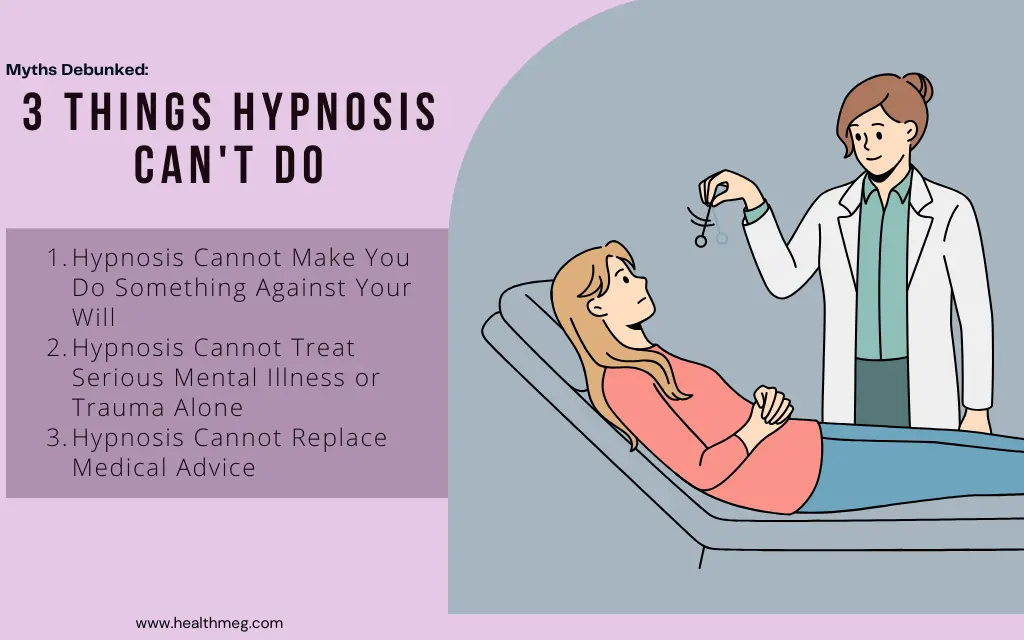
Three main things hypnosis cannot do are as follows:-
- Hypnosis Cannot Make You Do Something Against Your Will
- Hypnosis Cannot Treat Serious Mental Illness or Trauma Alone
- Hypnosis Cannot Replace Medical Advice
1. Hypnosis Cannot Make You Do Something Against Your Will
One of the biggest misconceptions about hypnosis is that it can brainwash people and coerce them into acting against their wishes or moral code. This myth likely arises from dramatic depictions of hypnosis in movies and television. The reality is far less sensational.
In truth, all hypnosis is self-hypnosis. The hypnotist serves as a guide, but the subject chooses to enter the trance state themselves. Hypnotists cannot force people into a trance if they are unwilling. Additionally, hypnotic suggestions cannot compel subjects to violate their core values, ethics, or beliefs.
Let’s explore why:
- You remain aware during hypnosis – During hypnosis, you experience heightened focus and relaxation, but you don’t fall unconscious. You maintain control over your words and actions.
- Your judgment remains intact – Hypnosis may increase your suggestibility, but this is limited. Absurd or objectionable suggestions will be ignored or rejected.
- You have veto power – Hypnotized subjects can reject any suggestion not in line with their desires. Suggestions are not commands.
- Your moral compass holds – Hypnosis cannot unravel your fundamental ethics or identity. Any suggestion that violates your principles will automatically be discarded.
So while hypnosis can help reinforce positive goals like quitting smoking, it cannot rewrite your mind or values. The subject chooses which hypnotic suggestions to accept. Self-determination remains integral, even in trance.
2. Hypnosis Cannot Treat Serious Mental Illness or Trauma Alone
Many people first try hypnosis to alleviate depression, anxiety disorders, PTSD, or other significant mental health challenges. And clinical studies do support hypnosis as helpful for certain conditions, including pain management and habit control. However, hypnosis should not be the sole treatment approach for major psychiatric disorders or trauma. While it can complement counselling, it has limitations as a stand-alone therapy.
Here’s why hypnosis alone falls short:
- No diagnostic assessment – Hypnosis does not determine what underlies mental health symptoms. Proper diagnosis must precede treatment.
- No processing of emotions – Hypnosis focuses on suggestions for behaviour change. It does not help process difficult emotions around trauma or mental illness.
- No taught coping skills – Hypnosis typically does not teach cognitive strategies for managing disorders. These require psychotherapy approaches like CBT.
- Insufficient for many disorders – Conditions like schizophrenia and bipolar I are poorly addressed by hypnosis alone. Proven treatments like medication and psychoeducation are essential.
- Risk of false memories – Hypnosis can distort memories of past trauma, complicating evidence-based treatment. This risk means most therapists avoid hypnotizing clients around trauma issues.
For these reasons, responsible hypnotherapists avoid treating complex psychiatric disorders independently. Ethical practice involves collaboration with mental health professionals to ensure comprehensive, safe care.
3. Hypnosis Cannot Replace Medical Advice
When used responsibly, hypnosis can complement medical treatments for certain conditions. For example, clinical trials indicate hypnosis helps reduce side effects during cancer treatment for some patients. However, hypnosis should never override professional medical advice. Unfortunately, some irresponsible “alternative” providers do promote hypnosis as an exclusive remedy for serious medical conditions. They imply hypnosis can heal disease without conventional care.
Let’s be clear – hypnosis should never be used as a substitute for science-based healthcare. No amount of hypnotic suggestion will cure cancer, eliminate infection, or regrow an amputated limb. Key reasons hypnosis cannot replace medical treatment include:
- Ineffective for structural conditions – Hypnosis can affect pain perception but cannot correct underlying physical problems requiring medical intervention.
- Misdiagnosis risks – Hypnosis does not include medical diagnostic tests to identify issues. Lack of accurate diagnosis can be dangerous.
- No cure for the disease – While hypnosis may affect symptoms, it cannot cure illness or alter disease progression. Relying on it alone risks health complications.
- Indirect impacts only – Hypnosis can help manage the side effects of medical treatments but does not directly treat the disease itself.
- Risk of discouraging proven care – Promoting hypnosis as an alternative to mainstream medicine may lead people to delay or refuse necessary treatment.
While hypnosis should not replace professional healthcare, integrating it can benefit certain patients. But this must be done under medical guidance, with safety as the priority.
How Psychotherapy and Counselling Can Help Where Hypnosis Falls Short
The limitations above demonstrate hypnosis alone cannot resolve complex mental health challenges, process trauma, or replace medical care. While beneficial for issues like pain, anxiety, and habits, hypnosis should be just one tool in a comprehensive treatment plan when mental illness or trauma is involved.
This is where psychotherapy and counselling services can make a vital difference. Talk therapy provides critical advantages including:
- Assessment, Diagnosis and Treatment Planning
- Processing Trauma and Difficult Emotions
- Teaching Coping Skills
- Ongoing Supportive Relationship
Assessment, Diagnosis and Treatment Planning
Psychiatric disorders require accurate diagnoses adapted to the individual. A counsellor or therapist conducts psychological assessments exploring symptoms, family history, stressors, and other factors to determine diagnosis. This drives the creation of a tailored treatment plan addressing the root cause of the client’s issues.
Hypnosis lacks this vital foundation of assessment and diagnosis. Using it as a stand-alone therapy for mental illness risks incorrect or missing diagnosis. This means the intervention may be ineffective or even counterproductive.
Processing Trauma and Difficult Emotions
Recall hypnosis focuses suggestions on behavioural change, not emotional processing. Trauma and psychiatric disorders often involve powerful, painful emotions that require exploration and management.
Through techniques like EMDR, exposure therapy, and emotion regulation skills, psychotherapy facilitates working through traumatic memories, grief, anger, shame, and other feelings. This emotional processing is essential for trauma recovery and mental health. Hypnosis does not provide the depth of emotional reworking that counselling offers.
Teaching Coping Skills
Living successfully with mental illness requires concrete coping strategies. Therapy equips clients with skills to manage symptoms, avoid triggers, handle stress, maintain relationships, and meet life’s demands. Approaches like CBT, DBT, and ACT provide customizable roadmaps for taking control of disorders.
Hypnosis alone does not teach these tangible coping tools for controlling conditions and finding relief. It focuses on suggestions for change, not skill development. Combining hypnosis with counselling that builds coping repertoires gives clients resources to overcome challenges.
Ongoing Supportive Relationship
The therapeutic relationship itself facilitates healing. Having regular contact with an empathetic professional provides continuity and accountability as clients work to transform engrained patterns.
Unlike a single hypnosis session, ongoing psychotherapy supplies the relational support and feedback loops necessary for sustainable change around entrenched mental health problems. Clients feel seen and encouraged as partners in their progress.
For issues requiring multi-layered treatment like PTSD, depression, or personality disorders, hypnosis should only be incorporated into counselling plans by qualified mental health providers. Never substitute entertainment hypnosis or standalone hypnotherapy for comprehensive therapy.
Integrating Hypnosis With Therapy: Best Practices
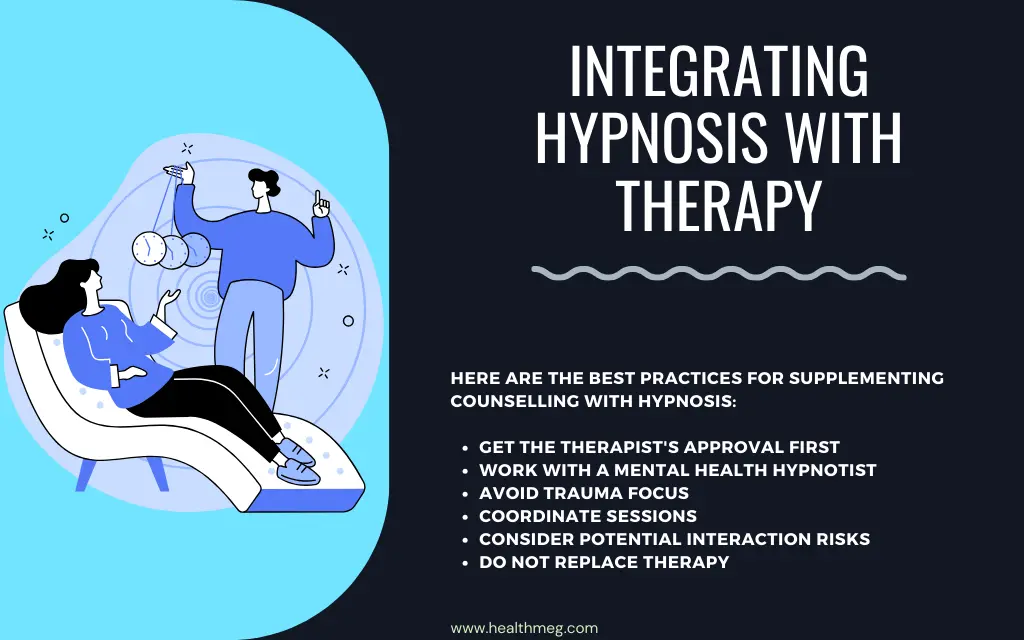
Hypnosis offers certain benefits, but cannot meet major mental health needs without psychotherapy. Fortunately, these modalities can complement each other powerfully when integrated correctly.
Here are the best practices for supplementing counselling with hypnosis:
- Get the therapist’s approval first – Discuss incorporating hypnosis with your counsellor to ensure it aligns with your treatment plan. Never use hypnosis to avoid issues that require psychotherapy.
- Work with a mental health hypnotist – Select a hypnotist with formal psychology training who understands psychotherapy principles and ethical boundaries. Meet them first to establish rapport and safety.
- Avoid trauma focus – Given risks like false memories, use hypnosis for symptom management but not for revisiting trauma directly—process trauma only with your therapist.
- Coordinate sessions – Schedule hypnosis appointments to align with therapy goals—process insights afterwards with your counsellor. Share records with both providers to coordinate.
- Consider potential interaction risks – Some psychiatric medications may impact hypnosis. Discuss medication and medical precautions thoroughly.
- Do not replace therapy – Use hypnosis to complement counselling, not circumvent it. Follow your therapist’s guidance regarding frequency and focus.
Integrating hypnosis thoughtfully under your counsellor’s supervision can augment therapeutic gains. But skipping proven psychotherapy in favour of hypnosis alone courts risk. Use both modalities wisely for optimal health.
When to Consider Hypnosis
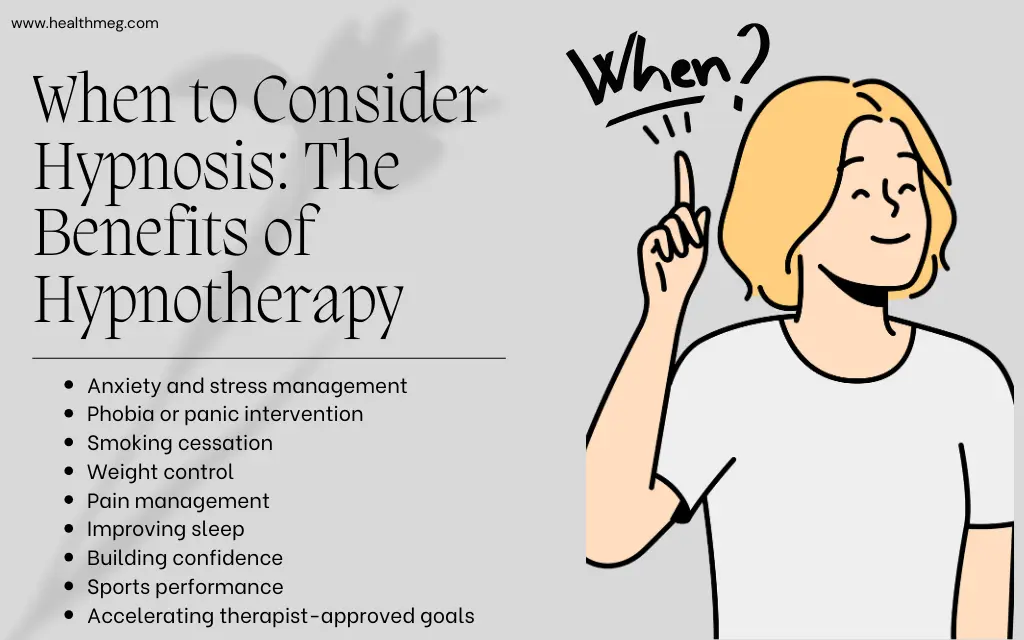
Despite its limits, hypnosis can benefit certain struggles. Some examples of appropriate applications include:
- Anxiety and stress management
- Phobia or panic intervention
- Smoking cessation
- Weight control
- Pain management
- Improving sleep
- Building confidence
- Sports performance
- Accelerating therapist-approved goals
While hypnosis falls short for issues like major mental illness, it can positively augment psychotherapy for many common challenges.
Following the ethical precautions above allows selectively using hypnosis to enhance counselling’s benefits at your therapist’s discretion. Avoid unrealistic expectations, and see it as a supplement, not a substitute, for comprehensive treatment.
Finding the Right Hypnotherapist
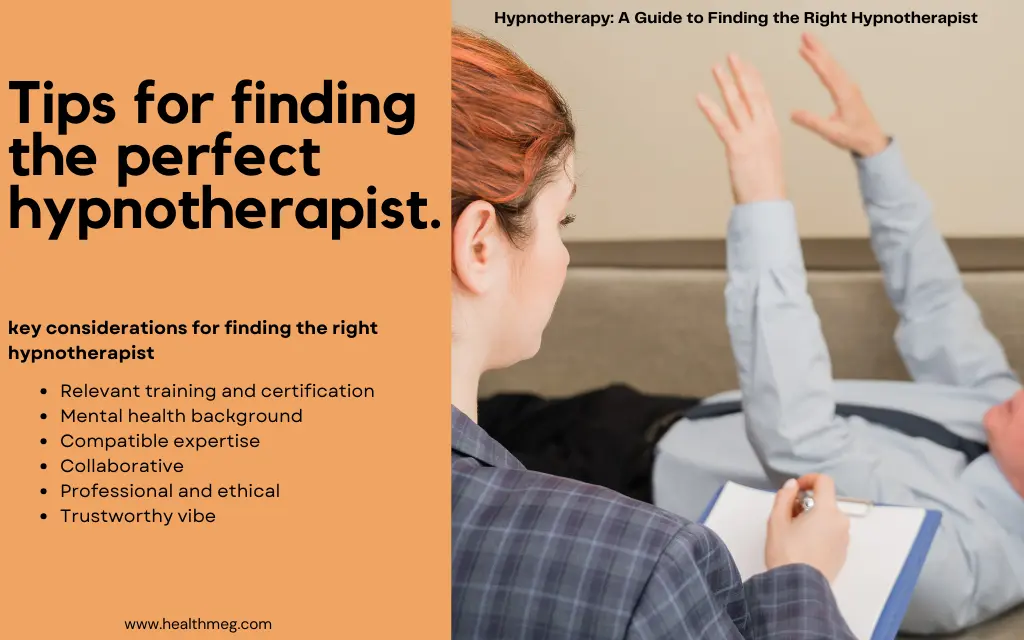
If you and your therapist determine hypnosis could help meet specific goals, take care of finding an appropriate practitioner. Here are key considerations:
- Relevant training and certification – Select a hypnotist certified through a legitimate hypnotherapy association. This ensures substantive training.
- Mental health background – Look for a hypnotist with a psychology graduate degree, counselling licensure, or robust therapy experience with clients like you.
- Compatible expertise – Find a hypnotist specializing in your needs, like anxiety, addiction, pain, or trauma. Avoid dabblers.
- Collaborative – The hypnotist should communicate with your therapist and coordinate sessions with your treatment plan.
- Professional and ethical – Ask prospective hypnotherapists how they avoid risks like false memories. Run if they make extreme promises.
- Trustworthy vibe – Schedule a consultation to get a sense of the hypnotist’s style and safety. Do they put you at ease and describe realistic outcomes?
With a discerning selection process, you can find a responsible hypnotherapist to integrate with therapy appropriately. Avoid those seeming exploitative or promoting hypnosis as a panacea.
Using Hypnosis Responsibly
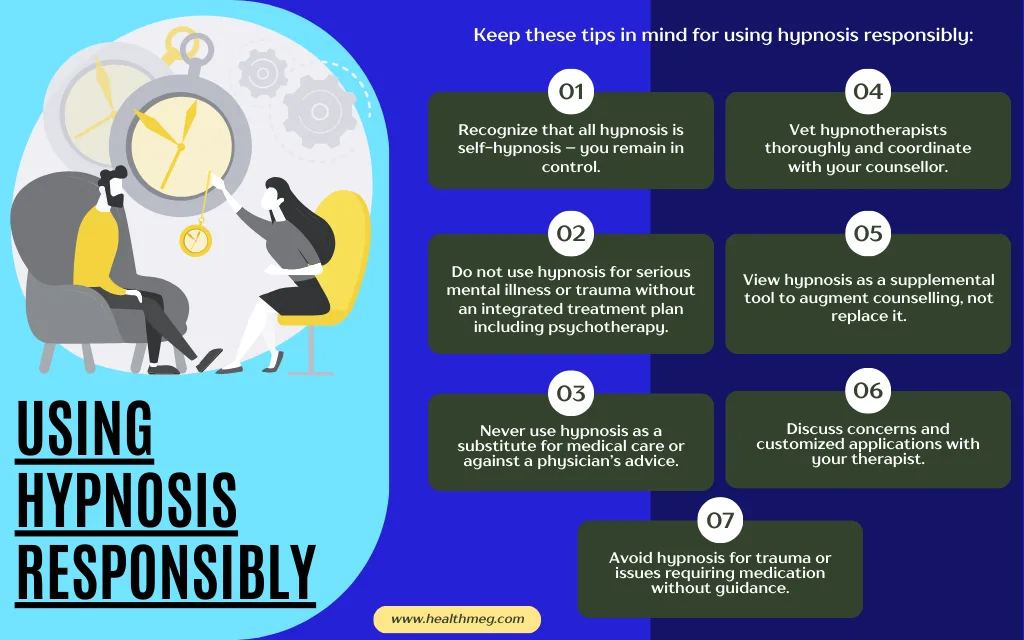
Hypnosis can help with habits, anxiety, pain and more but it has definitive limitations. Keep these tips in mind for using it responsibly:
- Recognize that all hypnosis is self-hypnosis – you remain in control.
- Do not use hypnosis for serious mental illness or trauma without an integrated treatment plan including psychotherapy.
- Never use hypnosis as a substitute for medical care or against a physician’s advice.
- Vet hypnotherapists thoroughly and coordinate with your counsellor.
- View hypnosis as a supplemental tool to augment counselling, not replace it.
- Discuss concerns and customized applications with your therapist.
- Avoid hypnosis for trauma or issues requiring medication without guidance.
By understanding the realities and bounding hypnosis with counselling, you can use it to boost select goals safely. Just steer clear of the mysticism and misconceptions.
Conclusion
Hypnosis retains mystique in our culture, but grounding it in science is vital. While often beneficial, it cannot compel actions, treat complex psychopathology independently, or replace medical care. Integrating hypnosis thoughtfully under a therapist’s guidance, however, can facilitate specific changes. See it as an adjunct, not a substitute, for comprehensive counselling. With ethical applications, hypnosis can positively impact many lives, within the boundaries of what it can realistically achieve.
People Also Ask (FAQs)
Q) What hypnosis Cannot do?
A) Hypnosis cannot control your mind, reveal hidden secrets, cure all medical conditions, or provide superhuman abilities. It’s not a truth serum and cannot predict the future, change your core personality, or replace professional medical or psychological help when necessary.
Q) What are three things hypnosis can do?
A) Hypnosis can help alleviate or relieve stress and anxiety, aid in breaking certain habits or addictions, and enhance focus and concentration. It is a therapeutic tool that can be effective for various behavioural and psychological issues.
Q) What is the negative side of hypnosis?
A) The negative side of hypnosis can include false or implanted memories, potential adverse psychological effects in susceptible individuals, and misuse by unqualified practitioners. It is very important to approach hypnosis with caution and seek reputable, licensed professionals when using it as a therapeutic technique.
Q) What causes hypnosis to fail?
A) Hypnosis may fail due to factors such as a lack of suggestibility in the individual, distractions, or resistance to the process. The effectiveness of hypnosis varies from person to person, and it’s not guaranteed to work for everyone.
Q) Can hypnosis go wrong?
A) Yes, hypnosis can go wrong in rare cases. It may lead to false memories, distress, or unintended consequences when not conducted by a qualified and ethical practitioner. It’s important to seek a trained professional for safe and effective hypnotherapy.
Q) Can hypnosis erase memories?
A) No, hypnosis cannot erase memories. It can help individuals recall or process memories differently, but it cannot completely erase or alter them. Memory is a complex cognitive function that hypnosis cannot fully control or eliminate.
Q) Can hypnosis be permanent?
A) Generally speaking, hypnosis has short-term consequences or short-term impacts. They are transient (temporary) and might need to be maintained with reinforcement exercises. Although it can result in long-lasting modifications to behavior or perception, individual reactions differ and it’s not always permanent.
Q) Can hypnosis change a person?
A) Many changes in a person’s behaviour, beliefs, or perception may occur under hypnosis. But each person experiences change differently, so there’s no assurance that hypnosis will result in significant life changes.
Q) Can hypnosis change my life?
A) Hypnosis can help you with several positive life changes, that include abandoning negative or bad habits, controlling stress, increasing confidence, and more. It might not completely change your life, though, as its ability to do so will depend on a variety of personal circumstances.
References
- American Psychological Association (APA): The APA’s website is a reliable source of information on hypnosis, its uses, and its limitations. URL: www.apa.org
- Mayo Clinic: Mayo Clinic offers insights into the medical aspects of hypnosis and its uses. URL: www.mayoclinic.org
- WebMD: WebMD provides health-related information, including articles on hypnotherapy and its applications. URL: www.webmd.com
- PubMed: This is a comprehensive database of scientific research articles, including studies on hypnosis. URL: pubmed.ncbi.nlm.nih.gov
- Psychology Today: Psychology Today covers a wide range of psychological topics, including hypnotherapy and its effectiveness. URL: www.psychologytoday.com
